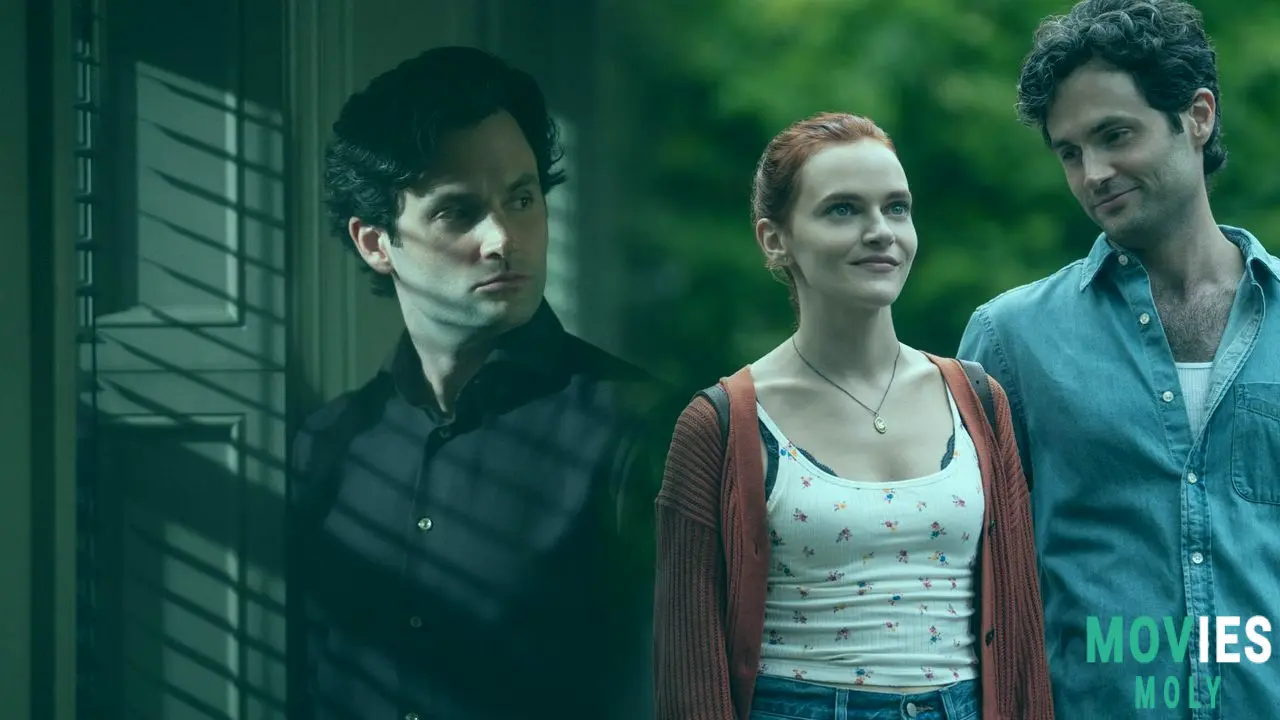Warning: Spoilers ahead for You Season 5, the final season of Netflix’s hit thriller series.
After five seasons, multiple cities, and an unsettlingly large number of victims, Joe Goldberg’s (Penn Badgley) twisted love story finally comes to a close — not with a bang, but with a deliciously deconstructed whimper (and a bullet to the junk). Netflix’s You doesn’t just give its obsessed, misogynistic protagonist a long-overdue comeuppance; it turns the entire audience’s relationship with him into its most profound (and uncomfortable) punchline yet. And somehow, it does that while doubling down on the show’s signature flair for genre-blending, satirical targeting, and psychological spelunking.
Final season brings Joe back to New York — and into the lion’s den of his own delusionsSeason 5 smartly circles back to where it all began: New York City. But this time, Joe isn’t the scrappy bookstore guy lurking beneath the surface of the literary world. He’s married to Kate Lockwood (Charlotte Ritchie), a wealthy philanthropist with a public image to protect. He has his son Henry (Frankie DeMaio) back, and he’s managed to keep his homicidal urges under control for three whole years. At least on the surface, Joe has reinvented himself. Or so we’re led to believe.
Enter Bronte — a.k.a. Louise Flannery (Madeline Brewer) — an aspiring writer who crashes into Joe’s life (and bookstore) like a cliché begging to be subverted. She’s unmoored, she’s edgy, she writes dark romance. And most importantly, she’s *onto* Joe. But the show cleverly withholds the twist of her true identity until midseason, trusting the audience to think they’re watching the same old thing one more time. Instead, we get a masterclass in tonal reinvention as Bronte not only mirrors Joe’s manipulative charm but turns it back on him with full force.
Bronte isn’t just another victim — she’s the mirror Joe can’t escape
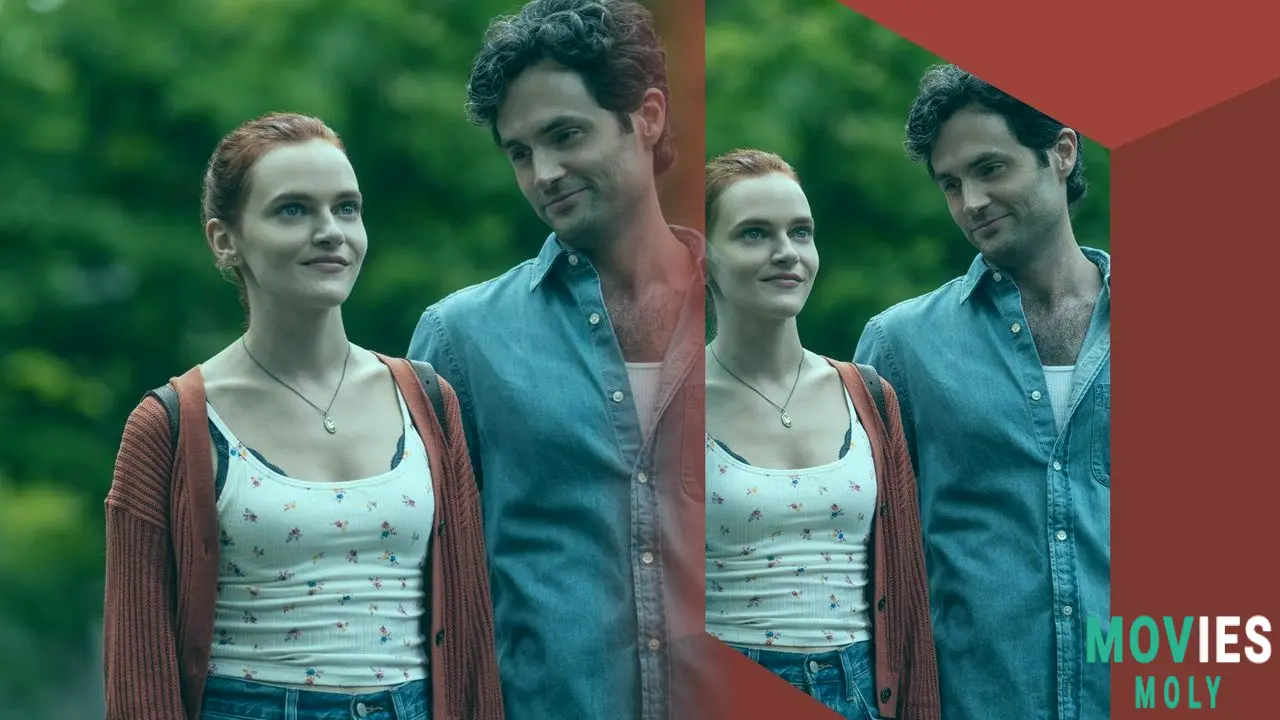
What's brilliant about Bronte’s character arc is how it leverages the show's history of audience complicity. Like us, she falls for Joe — or at least, for the version of him that she thinks she can manipulate. But like Joe, she underestimates how deeply entrenched her target is in the fantasy of *being* someone else. The writers describe her as an avatar for the audience itself, and that’s never more true than in her role as *co-narrator* in the final episodes. When we switch from hearing Joe’s internal monologue to hers, the dynamic shifts dramatically — and so does our alignment.
She’s the fandom inside the story, loving Joe enough to rationalize her way into a relationship with him, only to realize too late that loving him means becoming the thing you vowed to escape. And like Joe, she’s a storyteller — which makes her eventual decision to erase his fictional legacy by destroying *The Dark Face of Love* manuscript all the more symbolic. It’s not just about silencing Joe; it’s about reclaiming identity from the man who made a career out of *fixing* women by killing them.
The show finally diagnoses Joe — without excusing him — and lets him implode
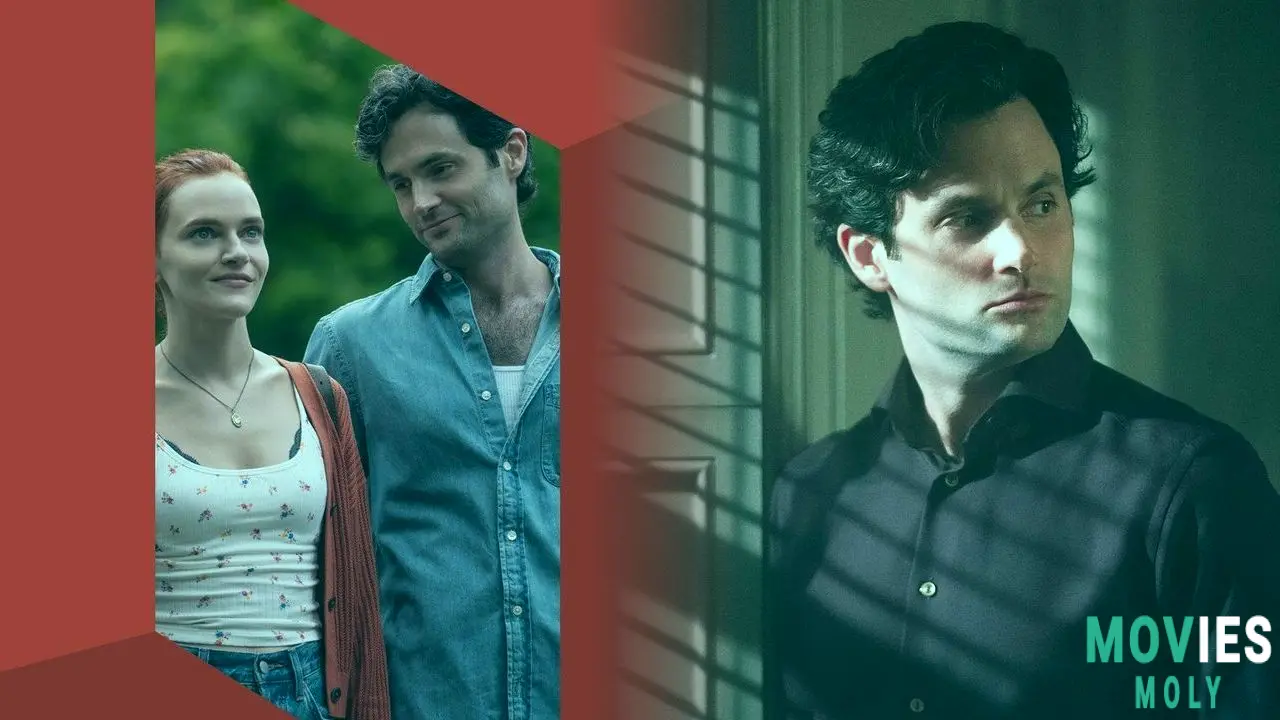
One of the most striking sequences in the final season is Joe’s confession in the cage, where he reveals the psychological root of his violence. Trapped in a twisted interrogation with Bronte, he breaks down the origin of his killer instinct — a childhood trauma so deeply ingrained that murder became his misguided proof of love. For a show that deliberately avoided labeling Joe in earlier seasons, this moment walks a fine line between explanation and exploration. It doesn’t excuse him. It just fleshes him out, one last time.
Penn Badgley calls this emotional excavation into Joe’s psyche “the last time I had something to give him.” And give it he did. The final season pushes Joe into full monstrosity — stripping him not only of his penultimate weapon (his charm) but of his *manhood*, in a literal sense. When Bronte shoots him in the groin during their final standoff, it’s a brilliant subversion of the tropes that have sustained him: being desired, being masculine, being in control. Suddenly, Joe is impotent in every sense — physically, emotionally, narratively.
Justice for Joe isn’t death — it’s eternal, affectionless isolation
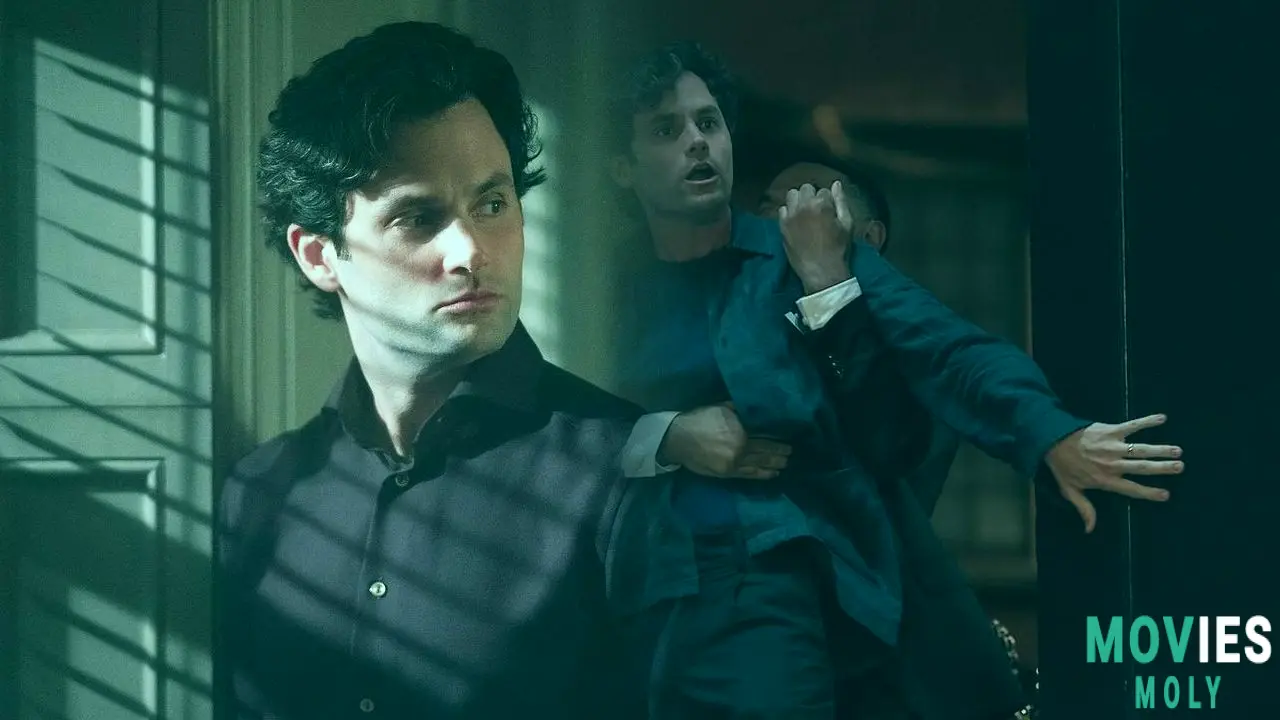
It would’ve been easy — and perhaps satisfying — to end Joe’s story with a grave or a final gasp. But the writers chose a different kind of poetic justice. Locked away in prison, stripped of freedom, desire, and agency, Joe is sentenced not to death, but to *irrelevance*. The one thing he feared more than confinement was being isolated from love, from obsession, from *connection*. And now, he’s left only with his thoughts — which, of course, remain as unrepentant and manipulative as ever.
In the closing scene, Joe reads a fan letter from a woman who fantasizes about him. And he addresses us one last time: “Maybe the problem isn’t me. Maybe it’s you.” It’s a final deflection, a last manipulation, and a perfect send-off for a character who never truly evolved. As Madeline Brewer’s Bronte says at one point, “The fantasy of a man like you is how we cope with the reality of a man like you.” That line doesn’t just call out Joe — it calls out *us*.
What You’s final season says about genre, audience, and cultural complicity
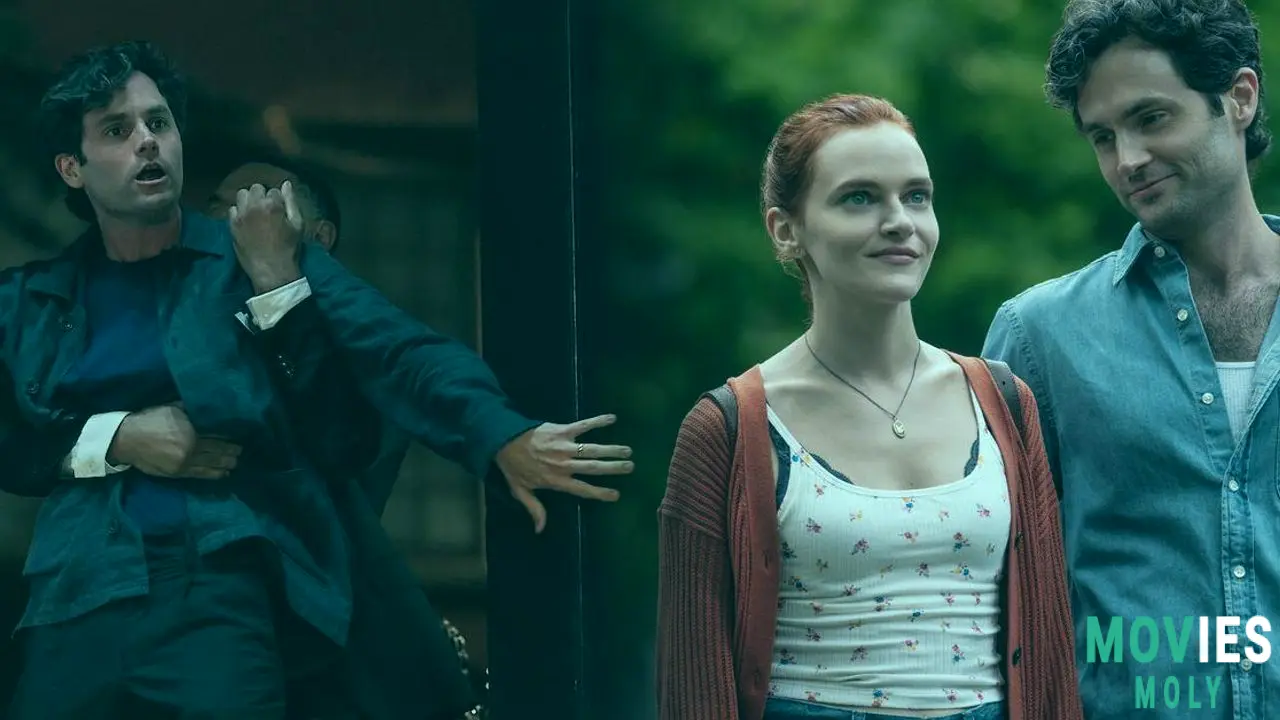
More than a conclusion, Season 5 is a *meta-confrontation*. It acknowledges years of viewers rooting for a killer in the name of twisted romance and asks — not angrily, but *purposefully* — why we liked him in the first place. The show leverages its tone one last time, turning into a satire of *itself* and *us*. The truth is, we fell for Joe because he spoke like he felt, because he saw women the way media told us to see *love stories*. Bronte’s journey from hunter to lover to exposer is our journey back to awareness.
Critics may call the finale messy or contradictory, but there’s power in that chaos. You never played it safe, and in the end, it used the platform it built around a sexy serial killer to question the cultural ecosystem that made him palatable. That’s a twist worth watching — and reflecting on — no matter how many times it toes the line of televized morality.
For Penn Badgley, who spent seven seasons finding new muscles for his rage, this is *the* final flex. And for the audience, it’s a last, wet, muddy splash of reality — right when we thought we might still want to *love* Joe one more time.

